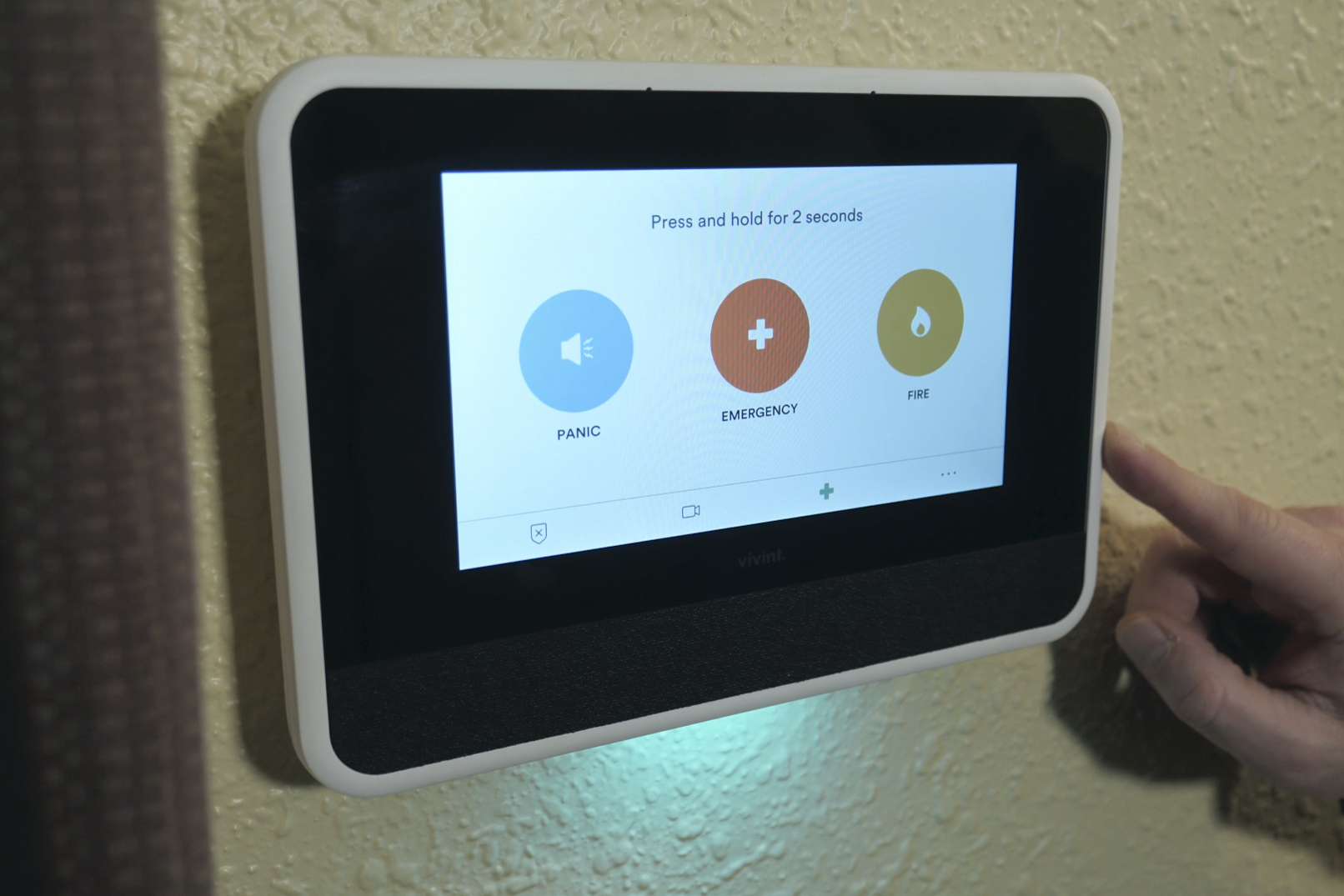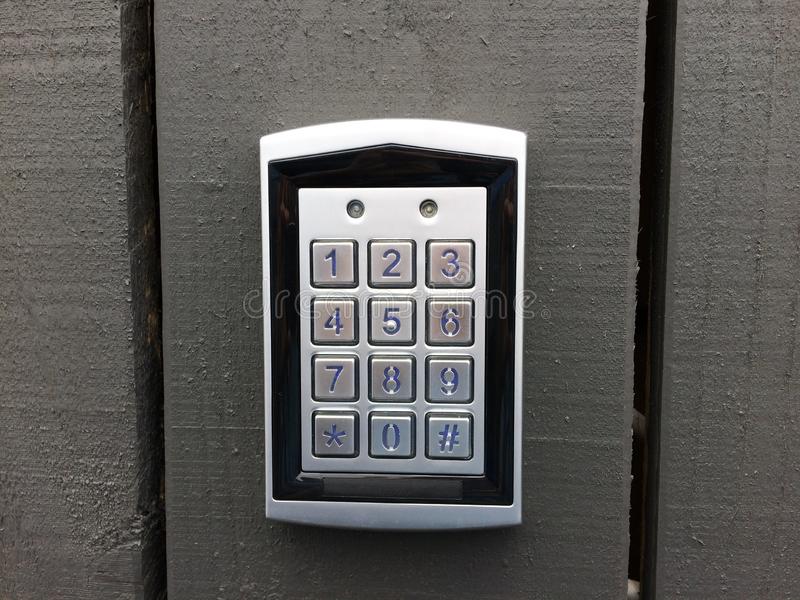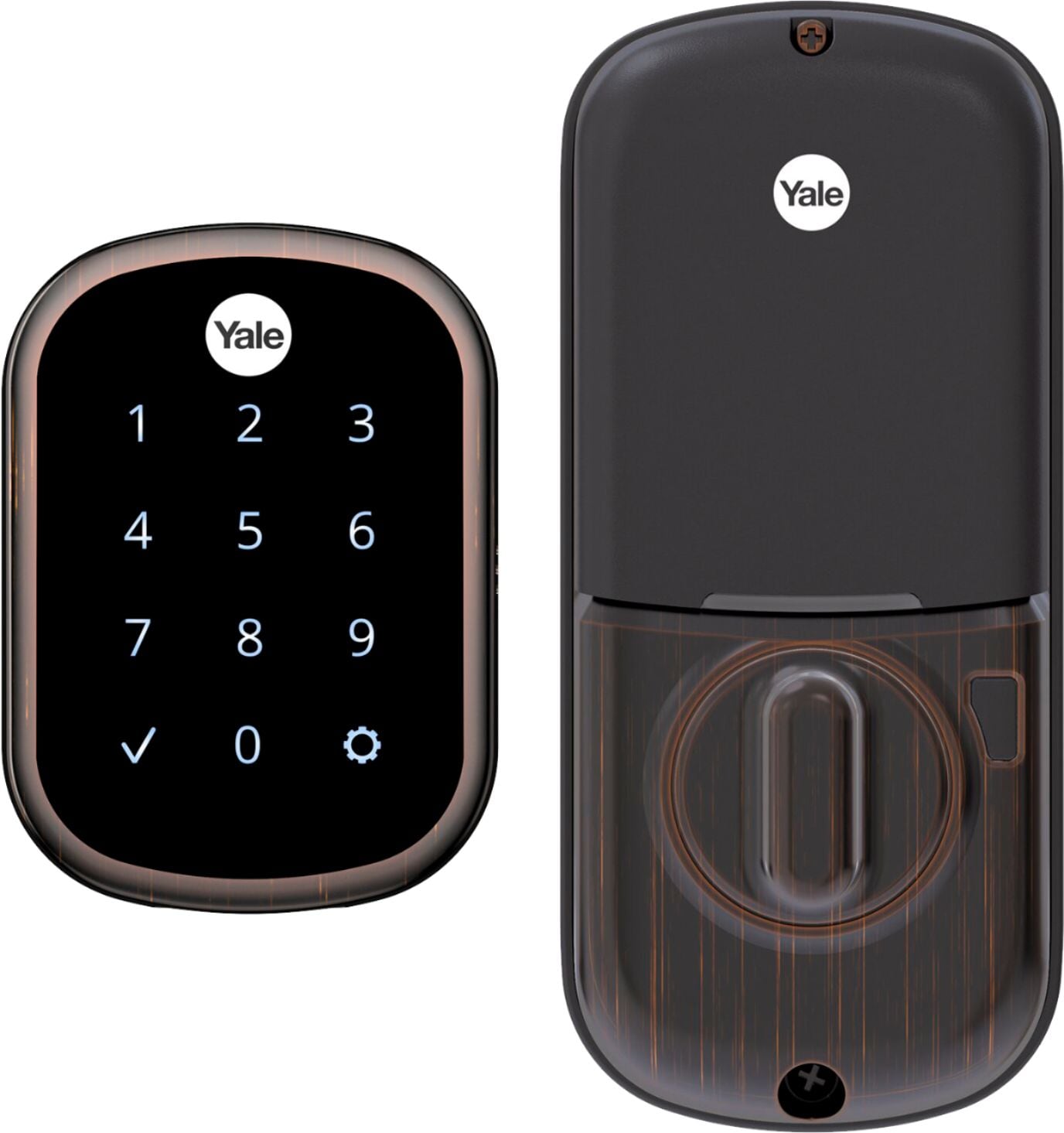
You can protect your family and home with information about home security. You'll learn what features to search for, how you can choose the best system for your home and family, and what steps to take if a problem occurs.
Security Systems Information
You should first know that security systems for your home are an excellent way to ensure the safety of your family. They're meant to deter crime, and they can alert you to any attempts to enter your home or to your alarm going off.
Control panels are a crucial part of any home security system. They contain a variety of sensors to monitor your property. Door and window sensors, as well as motion detectors and alarms are all part of a home security system. When the sensor detects that an intruder has entered, an alert is sent to the alarm monitoring service. This will help you understand what has happened and respond accordingly.
Smart locks, a type remote lock for doors that can be controlled from a mobile device, are compatible with these sensors. You can even use your voice to unlock the door and turn on or off the lights.

Another important feature of a home security system is a smart thermostat. These devices are controlled from your smartphone. They're connected to the Wi Fi in your house. The devices can also be used to regulate your air conditioner, lighting and much more.
A home automation system is a good option. It's similar to an alarm, but it also offers some useful features. You may want to consider these if you live with pets, children or elderly family members.
These systems can be an excellent investment for those who plan to move in the near future into a new home or condo. These systems are compatible with platforms such as Google Home and Amazon Alexa that allow you to control temperature and light in your home by using your voice.
When choosing a home security system, you should decide whether you want it to be a DIY system or a professionally-installed one. Also, you should consider how long your plan is to remain in the home. If you are moving out within a year, then a professionally-installed system might be a good option, as it will save you money and require less hassle.
Your home's security system should have the ability to communicate with any other devices, including your fire alarm and carbon monoxide sensors. If your internet connection at home fails, the system should include a cellular backup.

If you live on a farm or in a small village, it's possible that your home doesn't have a reliable network. This can cause your security system to be ineffective.
A good wireless home alarm system will include an integrated cellular phone network as well as a battery backup. This ensures that you are always able to reach emergency services should you suffer a home fire or burglary. Some systems will also send you text messages and emails when there is an incident.
FAQ
What is the highest-rated home security system rating?
ADT Pulse is the most widely used home security system.
What is the easiest way to set up a home security system?
Home security systems that don’t require any installation are the best. These systems are also known as "plug & Play" and work like magic. Simply plug them into a power outlet and connect them to the internet with a wireless router. Once connected, everything will be available for you to manage from anywhere around the world.
How much does an effective home security system set you back?
A good home security system will cost around $2,500. Although it may seem expensive, the benefits of a secure and safe home are worth every penny.
Statistics
- Depending on your insurance, 24/7 professional monitoring may qualify you for as much as 15% off your premium. (safewise.com)
- Cove sets you free without punishing penalties and fees, unlike other security solutions that charge 75% to 100% of your remaining contract. (safewise.com)
- Depending on your insurance, 24/7 professional monitoring may qualify you for as much as 15% off your premium. (safewise.com)
- That's probably why Cove has a whopping 98%* customer retention rate. (safewise.com)
External Links
How To
What to look for in a Home Security Monitoring company
There are many things to consider when choosing a home security monitoring company. The first thing to do is make sure that there is someone who knows what they're doing. Ask around and see if any others have used this provider. Don't trust anyone recommending them. Ask family members, friends, and colleagues if they would recommend the company. You will get honest feedback from those who have actually used the services. Go online to read reviews. Check out their website. You can read customer testimonials and complaints. Examine any negative comments to determine why they were made. It could mean something bad happened to a client.
Next is to verify references. Get in touch with past clients to find out how they felt about the service. Are they satisfied with the work quality? All went according to plan. Verify that the company you used was trustworthy and reliable. They did not just give you a price and then disappear.
Next, make sure that the company is insured and licensed. If anything happens to your property while on vacation, an insurance policy will pay for it. They offer 24 hour emergency services, so you don't need them to be available during business hours.
You should also check if maintenance and installation are included in the contract. Some companies charge extra for these services, which makes sense because installing and maintaining equipment takes time and money. Some companies provide only basic monitoring services, which may not be sufficient for most homeowners.
Be sure to check the prices of the company. You shouldn't be paying too much for a substandard product. Compare apples to apples when comparing different providers. For example, if one provider charges $150 per month for basic monitoring, another provider might charge $200 per month for the same service. It is important to shop around to find the best price for your service.